Jan 11, (V7N) - The United States and the United Kingdom have jointly imposed extensive sanctions on Russia's energy sector, directly targeting major oil companies Gazprom Neft and Surgutneftegas. Announced just days before President Joe Biden leaves office, the sanctions aim to cut off a crucial revenue stream that funds Russia’s war in Ukraine. The U.S. Treasury Department has sanctioned over 180 ships, the two Russian oil giants, and more than two dozen subsidiaries. Additionally, nearly 400 individuals and entities, including Russian oil traders and oilfield service providers, have been sanctioned. The U.S. State Department also targeted Russia’s liquefied natural gas (LNG) industry and officials in the metals, mining, and nuclear energy sectors, particularly those affiliated with Rosatom.
The UK government has implemented similar sanctions, emphasizing that Russian energy profits are directly fueling President Vladimir Putin’s war in Ukraine. UK Foreign Secretary David Lammy stated that targeting Russian oil companies would weaken Russia’s war financing and help protect Ukrainian lives. Both the U.S. and UK sanctions demonstrate a united front in pressuring Russia economically and strategically to halt its military aggression.
Following the sanctions, oil prices experienced a significant rise. Brent crude increased by 3.6%, reaching $79.68 per barrel. President Biden acknowledged that U.S. gasoline prices might rise by three to four cents per gallon but emphasized that the broader impact on Russia’s financial capabilities far outweighs the minor increase in domestic fuel costs. The sanctions aim to disrupt Russia's energy profits, a primary source of funding for its war efforts.
Reactions to the sanctions have been mixed globally. Gazprom Neft criticized the sanctions as "baseless" and "illegitimate," arguing that they undermine fair market competition. The Kremlin accused the Biden administration of intentionally leaving a challenging geopolitical situation for incoming President Donald Trump. Serbian President Aleksandar Vucic also voiced concerns, given that Serbia’s primary gas supplier, NIS, is majority-owned by Gazprom Neft. Meanwhile, Ukrainian President Volodymyr Zelensky praised the sanctions, calling them a significant blow to Russia's war machine.
The timing of these sanctions, just days before Biden’s departure, presents a complex situation for President-elect Donald Trump, who has pledged to end the war in Ukraine swiftly. National Security Council spokesperson John Kirby defended the timing, stating that global oil markets have stabilized and the U.S. economy has strengthened, making it an ideal moment to intensify economic pressure on Russia. The sanctions are also viewed as a strategic move to limit Russia’s ability to finance its military operations.
This latest wave of sanctions is the most comprehensive effort yet by the U.S. and UK to target Russia’s energy industry. It underscores their commitment to undermining Moscow's financial capacity to sustain its war in Ukraine. By striking at the core of Russia's economic strength, these measures aim to weaken Putin’s war efforts and push for a resolution to the ongoing conflict.
END/BUS/RH/



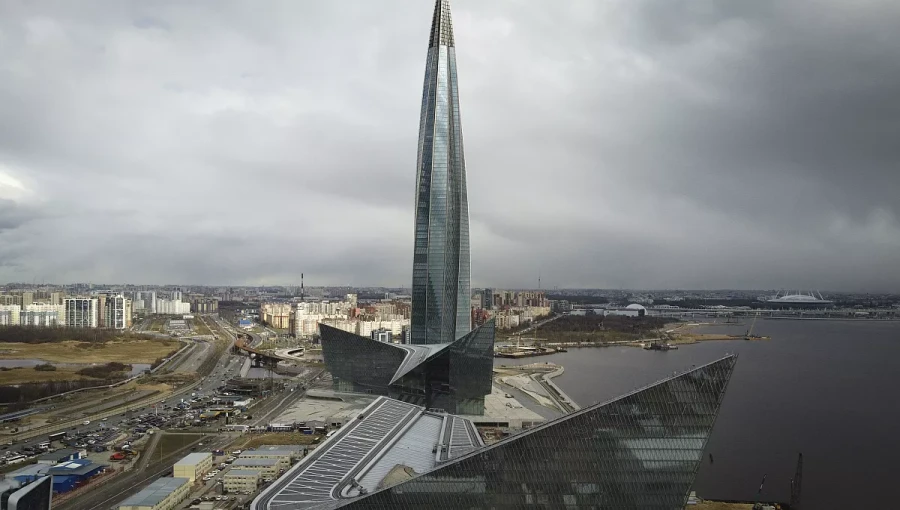
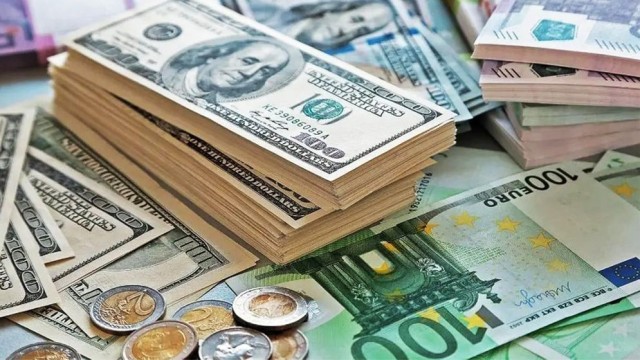






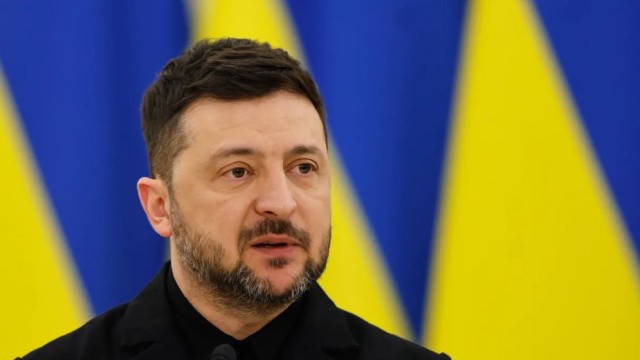




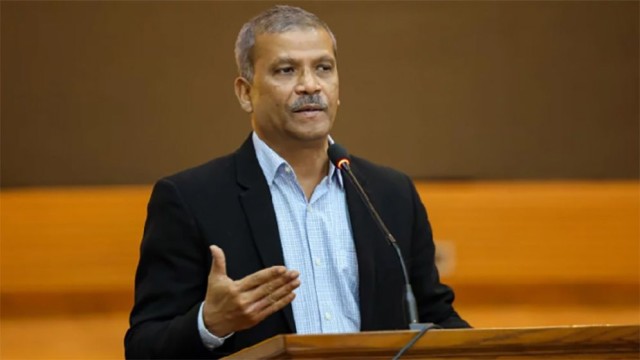

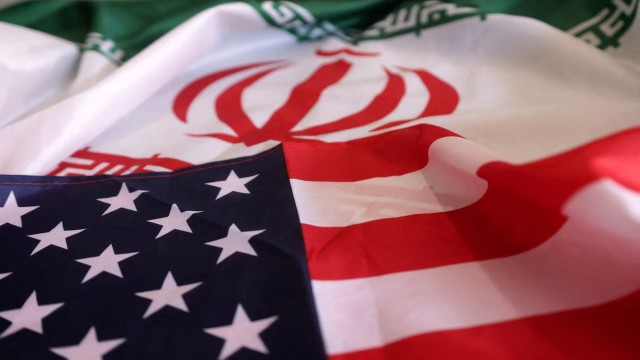
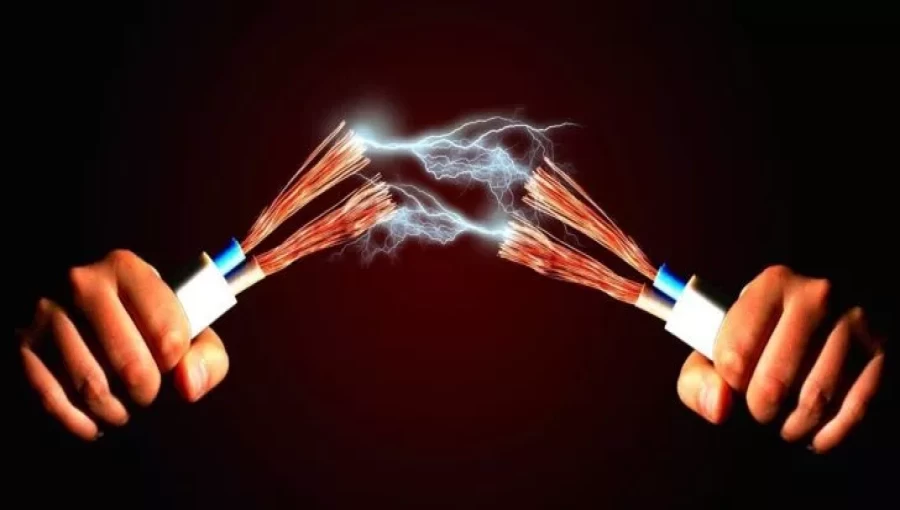










Comment: